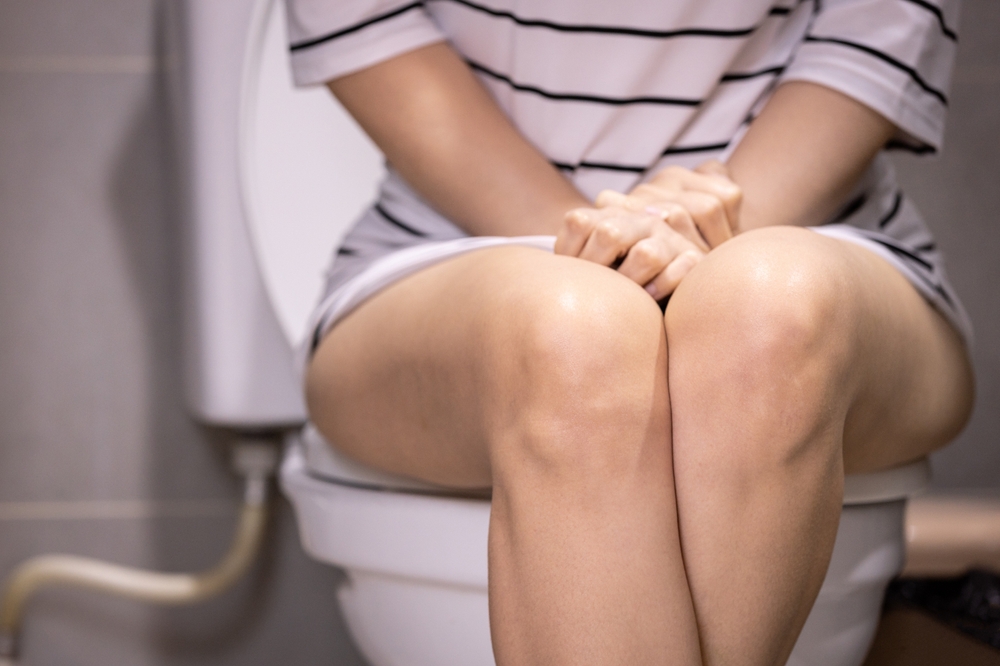While aging can contribute to urinary changes, the hormonal fluctuations of menopause specifically affect the health and function of the urinary tract. Decreased estrogen levels can lead to weakening of the pelvic floor muscles and urogenital tissue, contributing to increased urinary frequency and urgency.
- Managing urinary frequency during menopause requires a multifaceted approach, focusing on lifestyle adjustments, dietary modifications, and possibly medical treatment, depending on the severity of the symptoms and individual health considerations. Here’s a top tip that encompasses several strategies to effectively manage urinary frequency:Optimize Your Fluid Intake and Diet
- Stay Hydrated: Drink plenty of water throughout the day to avoid concentrated urine, which can irritate the bladder. However, try to reduce fluid intake a few hours before bedtime to minimize nighttime trips to the bathroom.
- Limit Bladder Irritants: Reduce the consumption of caffeine, alcohol, carbonated beverages, and acidic or spicy foods, as these can irritate the bladder and exacerbate urinary frequency.
- Maintain a Healthy Weight: Extra weight can put additional pressure on your bladder, increasing the urge to urinate. A balanced diet and regular exercise can help manage weight and reduce urinary frequency.
Dr. Mia Chorney
Co-Founder & Chief Product Officer TPT Inc.

